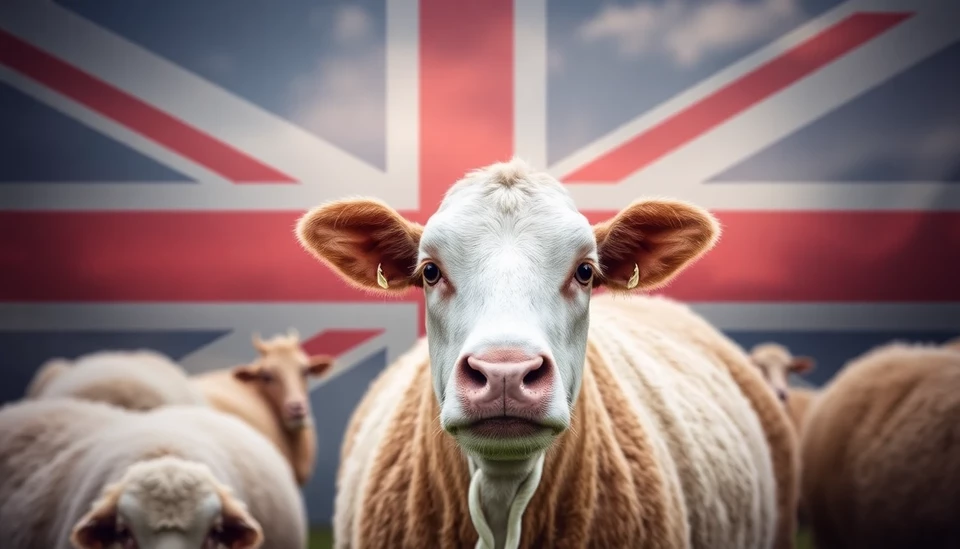
The UK government's proposed £500 million tax on large agricultural estates is expected to generate significantly less revenue than anticipated, according to the Office for Budget Responsibility (OBR). This news raises concerns for the government, which had relied on this tax to help balance the national budget.
The OBR's latest forecasts highlight that the new tax, aimed at addressing the disparity in contributions between large estates and smaller farms, is likely to produce only a fraction of its intended revenue. The tax, designed to levy higher rates on landowners with substantial holdings, was originally proposed as a means to bolster funding for rural services and agricultural support amidst rising operational costs in the sector.
Despite the government's optimistic projections during the tax's announcement, the OBR's analysis reveals that many large agricultural businesses are adept at tax planning and could shift their financial strategies to minimize their liabilities. This anticipated maneuvering is a significant factor in the projected shortfall, suggesting that the new tax may not deter those it targets.
Furthermore, the OBR pointed out that significant administrative challenges could also hinder the collection of the tax. To make matters more complicated, the ongoing economic uncertainties and fluctuating market conditions have left many farmers skeptical about their ability to absorb additional fiscal burdens without adversely affecting their operations.
The implications of these projections are multifaceted. If the tax does not generate the expected revenue, the government may need to reconsider its financial strategies and could potentially backtrack on plans for the wider reform of agricultural taxation. This uncertainty comes at a critical time as many in the farming community are already under pressure from rising costs for fertilizers, grain, and logistical services due to global market shifts.
Political ramifications may also emerge, with opposition parties likely to seize the opportunity to criticize the government for its tax policy miscalculations. Agriculture remains a crucial sector in the UK, making any failures in tax reform and revenue generation particularly contentious.
As the government prepares to roll out this new tax initiative, many in the agricultural sector are anxiously awaiting clarity on its actual implementation and the tangible impacts it will have on their businesses. The preceding months before the tax's introduction will be critical for both revenue expectations and farmers' responses.
Industry leaders continue to advocate for a more comprehensive reform of agricultural taxation that considers the challenges faced by farmers, rather than imposing burdens that could jeopardize the livelihoods of those in the food production business.
As this situation unfolds, both the government and the agricultural community will be closely monitoring the impacts of the £500 million tax and the OBR's forecasts.
#UKAgriculture #TaxReform #OBR #Farmers #AgricultureTax #EconomicPolicy #UKBudget #RuralServices
Author: Rachel Greene




